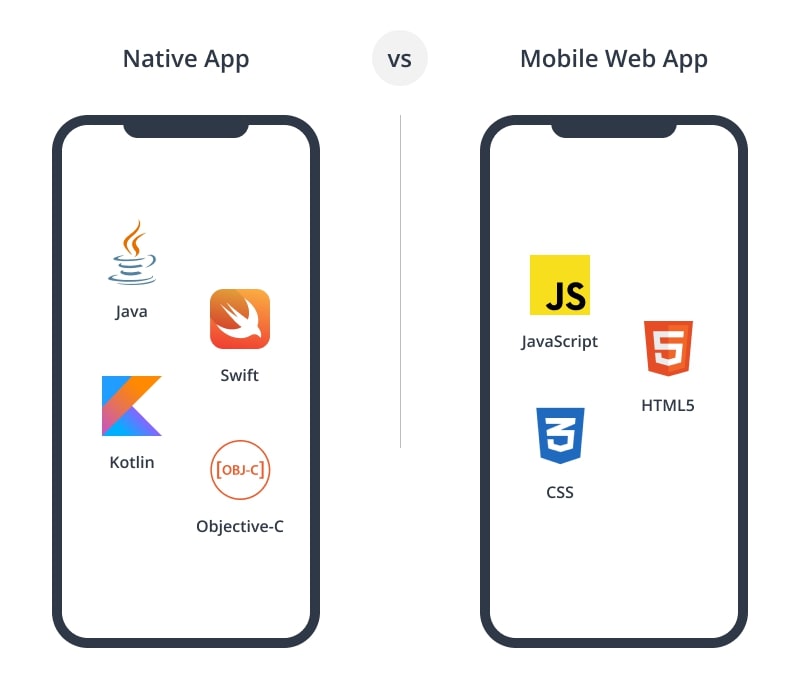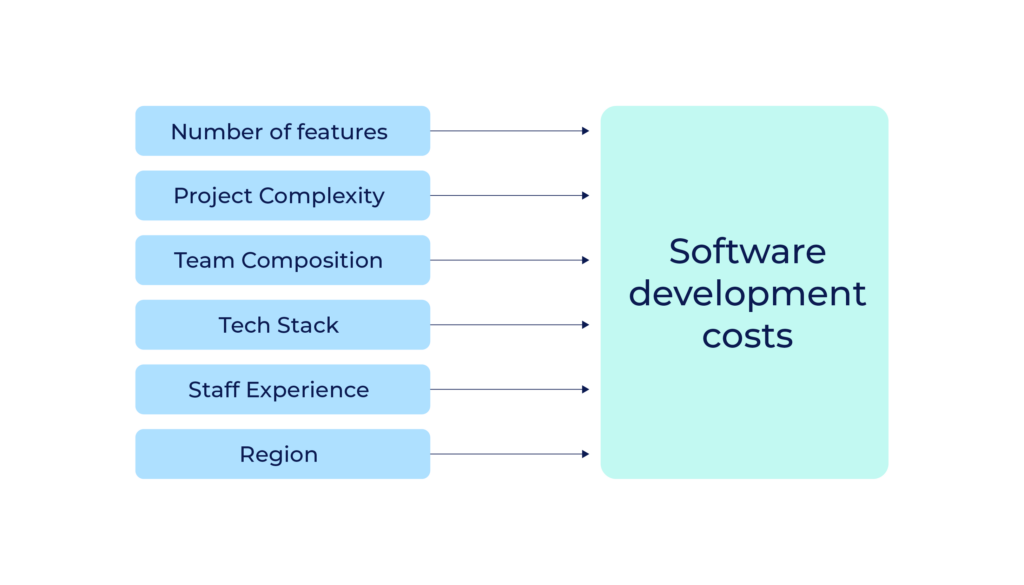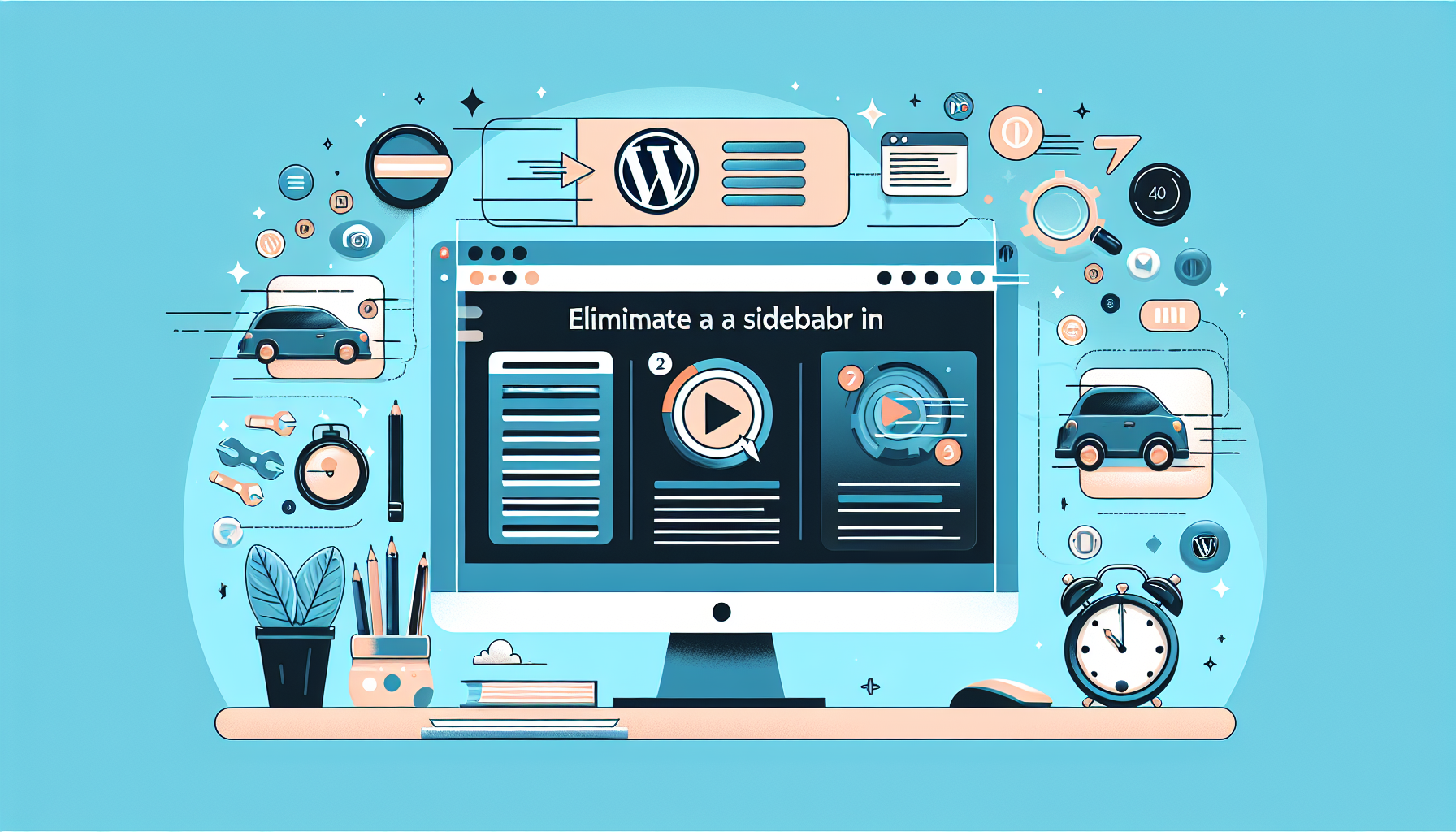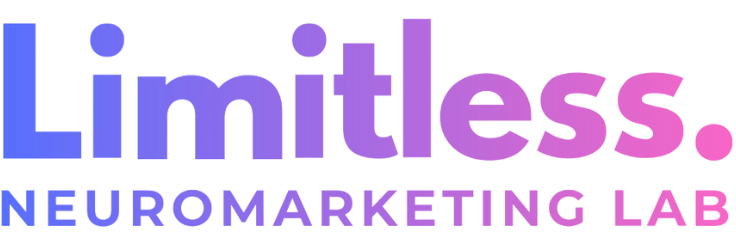Introduction
When Building a Web App Goes Nightmarish
Sarah poured her heart and soul (and all her savings) into a super-cool idea for a fitness app. After months of searching, she hired a development agency promising it would be quick, affordable, and “just like all the best apps out there.”
Months turned into a year. The app barely looked like her sketches.
Every change request cost a fortune. When it finally launched, the design was confusing, it crashed way too often, and no one seemed to want to use it. Sarah’s dream was in ruins.
Choosing the Right Partner: Your Success Depends on It
Unfortunately, stories like Sarah’s aren’t uncommon. Web apps are amazing tools when done right, but building them can become a headache without the right team. Hiring a web app development agency is a major decision, and you need a partner, not just a service.
Your Experienced Guide is Here
I’ve been a web developer for years, watching businesses soar and struggle because of their web app choices. I’m here to be your guide and share practical tips for finding the best fit for your needs. Let’s get started!
Section 1: Understanding Your Own Project
A house built on sand will crumble – same goes for a web app without a solid foundation. Before you even think about approaching agencies, know what you need. Let’s clarify your app’s blueprint:
Problem Solution: What’s the Purpose? The best apps solve a specific problem for someone. Does yours streamline ordering for busy customers? Help pet owners connect? Make scheduling less messy? Be clear on what “pain” your app eases.
Target Audience: Who Needs This? Not everyone has the same needs or tech skill level. Will your app cater to teens, older adults, businesses, or specialists in a field? Tailor it to them!
Must-Have Features: Don’t Compromise on the Core Imagine it’s already built: what’s the *bare minimum* it needs to do to actually fulfill its purpose? List every must-have function.
Budget & Timeline: Be Realistic Apps aren’t free to build! Have a rough budget range (like “$5,000 – 10,000”). Timelines depend on complexity, but expect months! Honest conversations with agencies are easier after this brainstorming.
When addressing features, add something similar to, “Even features your competition has should be looked at – can your agency do them better in ways that benefit users?”
Mobile App vs. Web App: Which One Suits Me?

Not all apps are created equal! Here’s the basic difference:
Mobile apps: Live on your phone, downloaded from app stores. Great for things used frequently, needing device features (GPS, camera), or offline access.
Web apps: Accessed through a web browser like Chrome or Safari on any device with an internet connection. Better when updates need to be fast, or your users are on both phones and computers.
Ask yourself: Do my users need it on their phone specifically? Will I benefit from phone features? Web app development agencies and mobile app specialists often differ, this choice helps you find the right one.
Section 2: Qualifying the Agency’s Expertise
Checking out agencies is like interviewing potential builders. You want the ideal “crew” for your project, so consider these aspects:
Portfolio: Experience Speaks Volumes Every agency has a “brag wall” – the websites or apps they’ve already built. Key questions to ask yourself:
- Style match: Does their work match your vision’s feel (modern, playful, formal…)?
- Complexity: Have they handled projects similar in scope to yours?
- Your Niche: Do they understand your industry? They’ll build in ways customers expect.
Technologies: Choosing the Right Materials Websites and apps are built with code: programming languages and frameworks. Here’s where things get a bit technical, but ask these questions:
- Tech match: Do they specialize in the best tech for your needs? Do some research in case specifics matter to you.
- Future-proof: Will the project be easy to maintain and update down the line? This avoids getting “locked in” to the agency forever!
The Team: Who’s Actually Building This? Agencies have more than just salespeople. Here’s who can matter to your project:
- Developers: Will seniors who have years of experience be dedicated to your app, or just juniors getting started? A mix is common, but know this upfront.
- Project manager: Your main point of contact. They keep things organized.
- Designers/Other specialists: Larger projects involve designers, writers, etc. Do they use in-house experts or freelancers? This impacts style consistency.
Web Solutions – Built to Grow (and Connect) Like Your Business You wouldn’t wear the same size shirt your whole life, right? Agencies should ask these questions about your future plans:
- Scaling Up: If you suddenly have 10x more users, will the app crash? Good design keeps this in mind to reduce costs later.
- Playing Well with Others: Maybe your app needs to “talk to” your customer management software. Ask “have you integrated with [X software] before, or would this be new territory?”
Spotlight on Web Application Development Services: Beyond Code
Think of your future web app like a car. Agencies are the mechanics, but there’s a difference between building it and keeping it running! Here’s what to explore beyond the core build:
Web Application Consulting: The Blueprint Stage Before putting hammer to nail (so to speak!), you need a plan. Does the agency offer consulting? This means experts help you turn your idea into:
Clear requirements: Instead of vague notions, what will the app actually do, function by function? This gets everyone on the same page.
Technical strategy: Which technology fits the project and budget best? Good consultants advise wisely here.
UI/UX Design: Not Just Looks, It’s How it Feels Imagine a super fast car, but all the controls are confusing – no one wants to drive it! That’s what happens with bad UI/UX design. Ask:
Dedicated designers: Does the agency have in-house design specialists? This keeps visuals and functionality in sync.
User focus: Will they research what your target users like, or just create what they think is pretty? A focus on the user makes or breaks apps.
Ongoing Support & Maintenance: Your App’s Long-Term Health Technology always changes, bugs sometimes appear out of nowhere. Agencies approach post-launch care differently:
Maintenance plans: Are these included in the price, or a separate deal? Like regular car upkeep, this prevents major breakdowns.
Responsive help: If users report an issue, how is this handled? Is there a fast way to contact dedicated support staff?
Section 3: Process and Communication
Imagine if you were building a house and the contractors just…did whatever they wanted, without ever checking in with you. Disaster, right? Same goes for a web app. So, let’s explore questions about their work process and staying in the loop:
Methodology: A Plan or Mayhem?
Web development is complex, and good agencies follow different “methodologies” to stay organized. Here’s the simplified version:
- Agile: Built around short development cycles, getting your feedback often. Great for flexible projects.
- Waterfall: Like a super-detailed step-by-step plan, ideal for when requirements are crystal clear from the start.
Ask agencies “What’s your development methodology, and why does it fit well for projects like mine?” There’s no one right answer, it’s about compatibility!
Communication: Your Lifeline
You and the agency must be on the same page. Ask the following:
- Updates: How often will they inform you about progress? Are there weekly reports, demos, etc.?
- Feedback: How do you offer input? Will it be scheduled calls, easy-to-use online tools, or something else?
Problem Solving: When Things Go Off-Track
Even with careful planning, there might be hiccups. Does the agency have a process for:
- Delays: What happens if it takes longer than expected? Find out how they handle communication around this.
- Change requests: When you need to add or tweak something, is there a clear procedure? How does it impact cost?
- Conflict: If there’s a serious disagreement, how does the agency try to resolve it amicably?
Section 4: The Nitty-Gritty
The fun creative stuff comes first, but the practical “money stuff” is just as important. Avoid nasty surprises with these questions:
Pricing: Clarity from the Start
There are a few ways agencies charge:
- Hourly: Good for uncertain projects, but less predictable for your budget.
- Fixed-fee: One pre-agreed cost, but changing features becomes tricky.
- Retainer: Like a monthly subscription, usually includes maintenance too.
Ask how they prefer to work, and get any price expectations in writing before going further.
Contract: Protection in Writing
Never just handshake on a web app deal! A contract outlines:
- Deliverables: Exactly what they will build (features, design iterations, etc.).
- Timeline: Estimated delivery schedule with room for minor delays.
- Fees: Clearly breakdown payment stages and additional costs.
Ownership: Who Truly Owns Your App?
You built the idea, but did you know custom code may technically belong to the agency, unless your contract states otherwise? Ensure the agreement says, “The final web app and all its assets are the exclusive property of [your company name].”
Post-Launch: Support or You’re Stranded?
Web apps, like everything else online, need upkeep! Consider these questions:
Maintenance: Who fixes bugs and compatibility issues as technology changes?
Support: Will they help your users understand how the app works?
Cost: Is there a separate support contract, or are some costs included in the initial build?
Understanding Software Development Costs

Let’s be honest – a good web app isn’t the same price as a pizza. Don’t get tricked by lowball quotes or be baffled by high ones. This is how most agencies calculate cost:
Size & Complexity: It’s like building a house! More rooms, fancy features = higher price than a simple cabin. Will your app have basic forms or tons of data, user accounts, animations…?
Technology Stack: The “building materials” for your app also have costs. Popular technologies are often pricier since developer knowledge is in demand. Make sure the agency can explain why their tech choices fit your budget!
Team Size & Seniority: More experienced developers (like master builders) command higher salaries. This impacts your costs even if they don’t spend weeks on your project. Agencies should be transparent about this.
Additional Factors: Design complexity, ongoing maintenance, super-tight deadlines – be upfront about anything “extra”, as even seemingly small things add up.
Coming Up Next…
We’re already halfway through our guide! Next, we’ll go into some major red flags to look out for, how to spot them, and wrap up with some final tips on finding the right partner to make your web app vision a reality.
Section 5: Red Flags to Watch Out For
Not all agencies are built alike. A smooth sales pitch doesn’t equal a good development team. Protect yourself with these red flag alerts:
Lack of Transparency: It’s Not What They Say, It’s What They Don’t Say. Agencies who can’t clearly explain the following should give you pause:
Their Process: Vague answers about how they plan work may mean they don’t have a plan.
Pricing Structure: Ambiguity here usually hints at hidden fees or unexpected cost increases.
Team Skills: If they shy away from talking about their developers, there might be something to hide.
One-Size-Fits-All Approach: Bespoke vs. Off-the-Rack. Your business is unique! If an agency can’t talk about how they personalize a solution for your needs, chances are they’ll give you a copy-paste web app, leading to less-than-stellar results.
Underpricing: When Too-Good-to-Be-True Actually Is.
It costs time and expertise to build a quality web app. Abnormally low prices usually mean one of two things:
- Cutting corners: Expect rushed development, potentially leading to buggy code and performance issues.
- Bait and Switch: Once they have you hooked, “unexpected” expenses can quickly make the app much pricier.
Conclusion
Picking a web app development agency is a huge decision! Think of it as an investment in your business’s potential. Take your time, ask these questions, and trust your gut instinct.
A skilled and dedicated development partner makes your web app dreams not only achievable but will help them soar above expectations. When you’re ready to start getting those proposals, come back to this guide!
Finding the “Best” Fit for Your App
The sparkly ad saying “Best Web Development Company!” might not be best for you. Here’s where “fit” beats generic fame:
Niche Specialty: Match App to Ace If you’re building a super complex fitness tracking app, an agency known for simple brochure websites isn’t ideal. Ask “Can you share examples of projects similar in complexity and purpose to mine?”
Are You a Big Fish or Small? (Not in a Bad Way!) Size matters for communication style. Tiny agencies could give you tons of personal attention, while huge firms may operate by strict process. Ask how often you’ll get updates, and who your primary point of contact will be, to see if your style matches theirs.
Company Culture: Vibes Matter Are they super formal, all about business? Or playful, with tons of emojis in their emails? Your team needs to click with the agency, as you may interact for months! A short video call to “test the waters” isn’t a bad idea.
Final Note: Building a web app shouldn’t be a headache. Want a clear strategy, no-nonsense pricing, and an app that wows your users? Schedule a free consultation, let’s make it happen!






